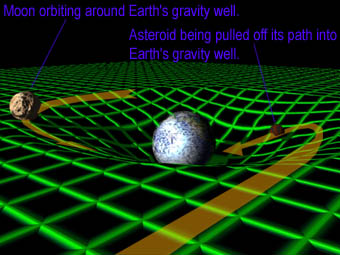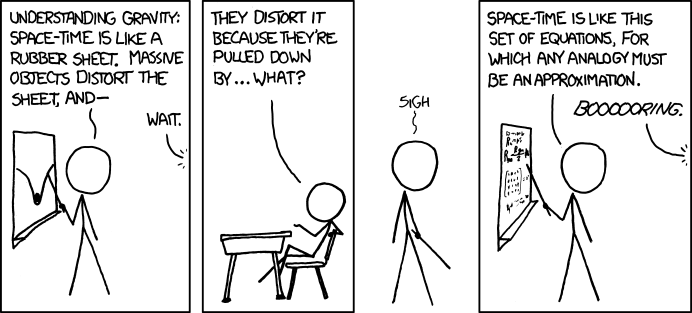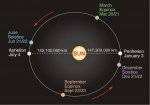makmugens
Banned
- Joined
- Nov 26, 2011
- Messages
- 271
- Reaction score
- 58
- Gender
- Undisclosed
- Political Leaning
- Undisclosed
It's common knowledge among those who read a lot of science books and articles. I answered a quiz question about that exact subject a few months ago. I also knew the answer without having to "look it up". I have on doubt that Paralogic and many others on this forum are well aware of basic science facts like that.
Fair enough.



